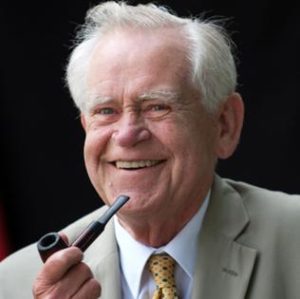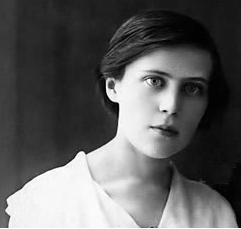Have you ever been faced with a task and started by avoiding it?
Have you ever procrastinated over something important that you had to do?
Has it ever been that you didn’t know how or where to start!
“I’ve started, so I’ll finish” was the well-known phrase of Magnus Magnusson, presenter of the BBC television quiz Mastermind, a programme which first aired on BBC1 in 1972 and lasted until 1997.
Contestants would face two rounds of questions, one on a specialised subject of their choice, the other a general knowledge round. If the bell rang in the middle of a question, Magnus Magnusson would repeat that question and give the contestants another opportunity and a few seconds to answer.
It was this that lead to the programme’s famous catchphrase.
Oftentimes, we allow ourselves to imagine that the projects and goals that we set for ourselves are far more complicated than they actually are. That in itself can very easily get in the way of moving forward. While it might sound obvious, actually starting tasks can be one way to make sure that you break through the procrastination barrier. A simple suggestion, therefore, would be to just go ahead and take some action, any action. Work with something easy first and once you get the project underway, the rest will tend to follow from there.
But why does this approach actually work?
It works because of something called ‘The Zeigarnik Effect’. Briefly, this says that people are more likely to remember and be motivated around what they have not yet got closure on. Bluma Zeigarnik was a Lithuanian psychologist who happened to study waiters at a local restaurant. She noticed that they would only remember the clients’ orders while they were still in the process of being served, and as soon as the orders were completed, they disappeared from the waiters’ memory.
Zeigarnik developed the theory with further tests, where participants were asked to do several puzzles and other tasks. However, some of the time, the participants were interrupted halfway through a task. This resulted in the fact that they were twice as likely to remember the tasks during which they’d been interrupted than those they had actually completed. Furthermore, the tests showed that adults remember unfinished tasks up to 90% better than finished ones.
Therefore, because the brain is motivated to find closure, once you take a first step towards your goals and actually get started on something, the brain can more easily find its own motivation to continue moving the process forward.







